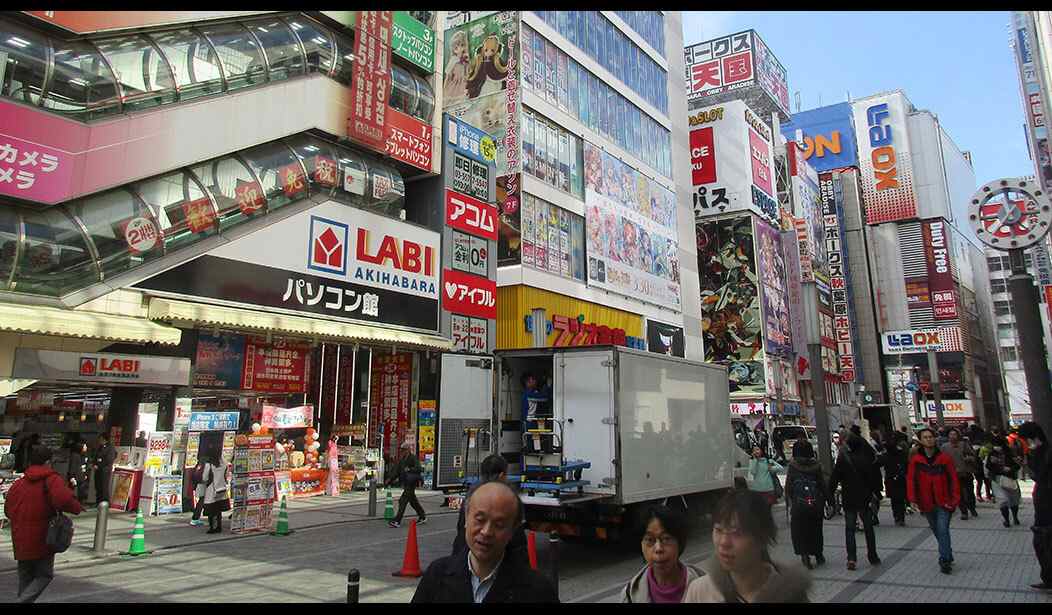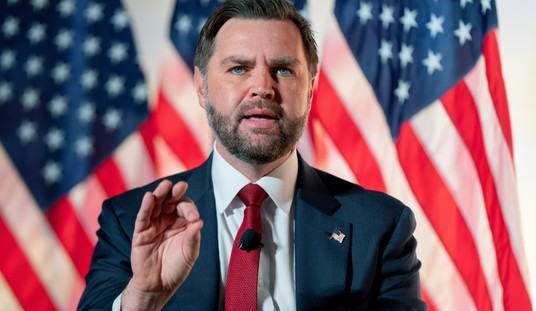I've made no secret of my affection for the Land of the Rising Sun. I've worked there on several different projects in several different parts of the country. I've become familiar enough with Tokyo to not only navigate the train and subway systems with confidence, but also to know where the best ramen joints are. In fact, I'm well on my way to achieving the self-appointed title of Tokyo Ramen King, which requires eating a ramen bowl in ramen joints in each of the wards of Tokyo.
Japan, though, faces difficult times ahead. A recent Financial Times piece on the ruling Liberal Democratic Party in Japan brings up some interesting points, noting that the contest is between, essentially, two people: Agriculture Minister Shinjiro Koizumi, and more conservative Sanae Takaichi, who stands to be Japan's first female prime minister.
The article goes on to describe the troubles the island nations face, troubles either candidate will struggle to contend with: These include inflation, fiscal troubles, geopolitical tensions (China, North Korea), and demographic decline.
All of these are major issues. But the Financial Times article doesn't talk much about what is likely Japan's biggest problem at the moment, which is that Japanese people are not having children.
Japan's population has been dropping since 2009. Japanese people over 65 years in age are now 30 percent of Japan's population. Only 60 percent are between the ages of 15 and 64. The birthrate has crashed far below the replacement rate; in 2024, the number of recorded births was the lowest since Japan began keeping records in 1899.
Read More: Is Japan Better at Running Prisons Than America?
It's Official: White House Announces Trump EO Implementing Trade Deal With Japan
What's more, Japan isn't a company that welcomes immigrants. While temporary visitors, be they tourists or short-term workers, are generally welcome, it's always with the understanding that the visitors will return home. Gaining permanent residency is difficult, even if one marries a Japanese citizen. Gaining citizenship is nearly impossible and requires assimilation; the applicant must not only speak and read Japanese, but also take a Japanese name.
Japan may be dying, but they have decided to die Japanese.
What's needed in Japan more than anything else is a renewed national vitality. The Japanese people need to start having children, at least at replacement level. As to how to achieve this, that's the question. Government can incentivize to some extent, with tax breaks for children and so on, but this is fundamentally a problem of Japanese culture, and that's perhaps the most difficult thing to change.
My parents, who were of the World War 2 "Greatest Generation," were bemused by my not only working in Japan, but by the fondness I developed for that country. "We were brought up to think of Japan as a rival, and as an enemy," my father once told me - and when the Japanese surrendered in 1945, he was in Victorville, California, in receipt of orders to deploy to a B-29 wing in the Pacific. But times change. Japan is now a solid ally. It's in America's interest to keep a strong Japan, as a vital ally against today's rivals, possibly enemies: China and North Korea.
In an 1848 speech to the House of Commons, the British Prime Minister Lord Palmerston said:
We have no eternal allies, and we have no perpetual enemies. Our interests are eternal and perpetual, and those interests it is our duty to follow.
Having a vital, strong Japan is in America's interests right now. But Japan's problems, most especially the demographic problem, will have to be addressed by Japan.
Editor’s Note: Thanks to President Trump’s leadership and bold policies, America’s economy is back on track.
Help us continue to report on the president’s economic successes and combat the lies of the Democrats. Join RedState VIP and use promo code FIGHT to get 60% off your membership.












Join the conversation as a VIP Member